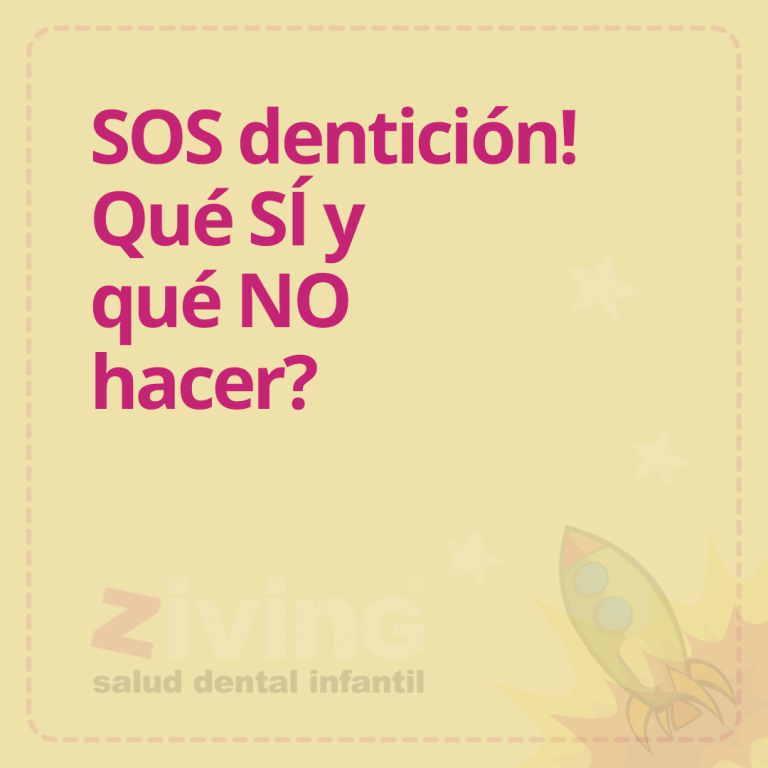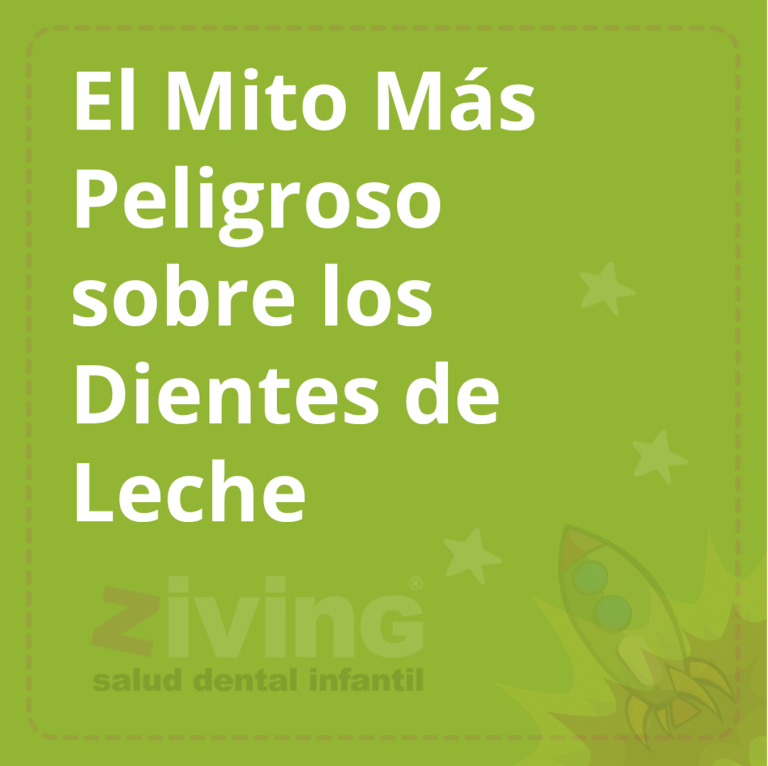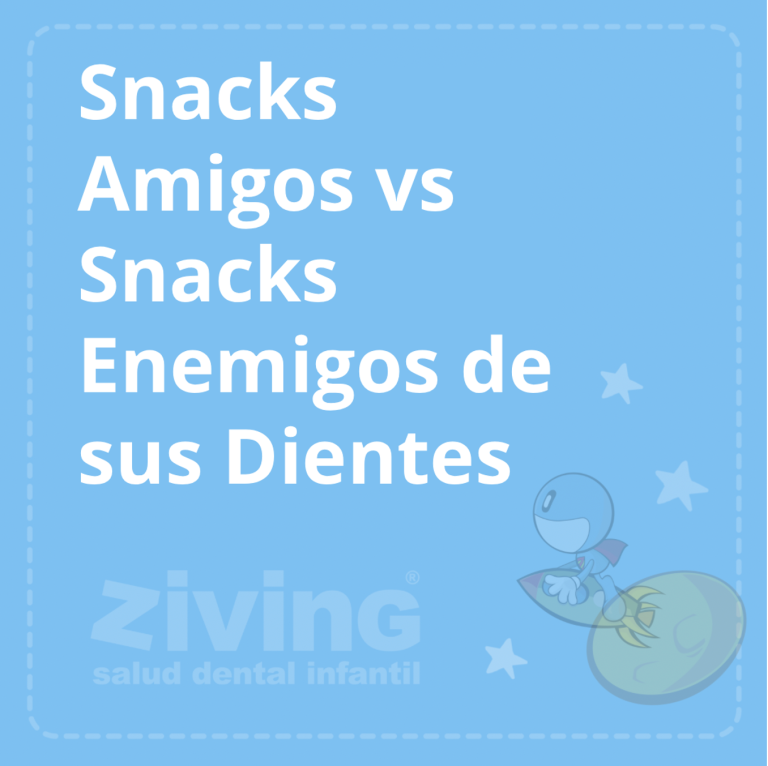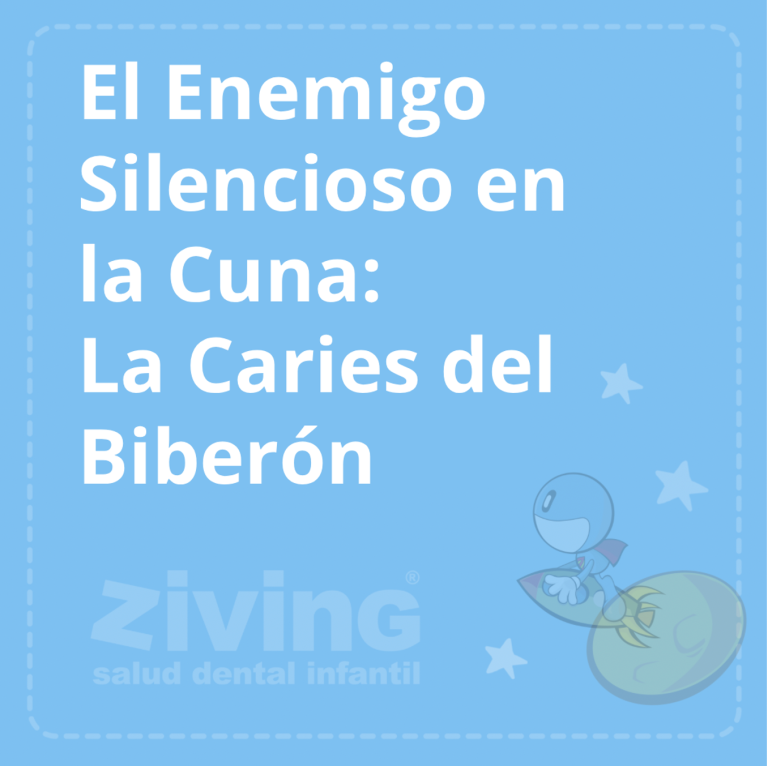What care does a baby’s mouth require before teething?
From the day they are born, it is important to take care of babies’ mouths. After they drink milk, it is advisable to wipe the gums with gauze soaked in water (other products are not recommended) to clean them and avoid the appearance of fungus due to the remains of milk. We must do it carefully and pay special attention not to scratch the gums with the nails.
Babies really appreciate it. In addition to taking care of their health, we will be massaging their gums, which is very pleasant.
And when do you start teething?
When the first teeth begin to erupt, alternate the gauze with the softest possible toothbrush.
Is breastfeeding beneficial for the baby’s oral health? What about the bottle?
Breastfeeding is highly beneficial for the development of your mouth. The sucking of milk from the mother’s breast causes the jaw to move forward, backward and sideways activating the growth of the jaws.
In the event that mothers choose to bottle feed, they should keep in mind that an alternative activation of the development of these bones will be necessary because the same does not occur with the bottle. Unlike a bottle, the mother’s breast goes deeper into the baby’s mouth allowing the above-mentioned bones to develop. So far, no baby bottle has been invented that performs this function. It is therefore a good idea to have a dentist periodically check the development of the jaw bones.
How do you relieve pain during tooth eruption?
Tooth eruption is often painful and uncomfortable for babies. There are different tricks to make the little one suffer less pain: silicone teethers (preferably smooth and a little cold), for example, are a great comfort for them. There are other more homemade remedies such as wetting a cloth with cold water and letting them bite it.
- Can eruption of teeth give them a fever?It is common for a fever to appear when teeth are growing. In this case, it is advisable to go to the doctor to get a prescription for fever-reducing medication.
What should we do if a baby is born with teeth?
Sometimes this is the case, since the chronology of dental eruption can be very varied, therefore, it can be advanced or delayed to what would be the average, which is 6 months of age. In these cases, it is advisable to visit the dentist so that he/she can decide what is most advisable in each case, since in some exceptional cases it may be necessary to extract the teeth.
When and how should baby teeth erupt?
It is normal for the first tooth to erupt at 6 months, but it varies from child to child. In any case, stunting is not a problem if it is supervised by a dentist. However, it may be the case that the proper eruption order is not followed, which could be a problem. The eruption of the temporaries begins with the lower central incisors, followed by the upper central incisors, and the same happens with the lateral incisors that follow the central incisors. The molars and canines erupt after these.
Other complications of eruption are alteration of shape, number, size or location. Any of these cases should be referred to a pediatric dentist or general dentist.
Should children avoid consuming sweets?
Foods high in sugar favor caries, but if accompanied by a good brushing, its consumption is not imperative for its appearance. Sweets are harmful to our mouth if they are not consumed in moderation and are not accompanied by good oral hygiene habits. Therefore, children can occasionally consume sweets if they brush their teeth well afterwards.
Is pacifier or thumb sucking bad for children’s health?
Both habits are harmful to the mouth.
It is recommended that the pacifier or thumb sucking habit be eliminated by one to one and a half years of age at the latest. After the age of two, this habit can cause deformities in the mouth due to friction and the fact that the finger and the pacifier get between the upper and lower teeth and can create a gap. In addition, the suction effect causes the palate to move upward and closes the upper airway (the air that enters through the nose). This causes them to become mouth breathers with the pathologies that this entails.
For all these reasons, it is important for mothers or fathers to stop this habit in time (maximum at one or one and a half years of age).
What happens when a child loses baby teeth too early or too late?
Teeth are not always lost at the same age. The difference can be up to 3 years between one child and another.
When a tooth falls out naturally, because the definitive tooth pushes it, there is no problem, there will be no changes in the line of the other teeth. The problem occurs when the tooth has had to be extracted due to caries or trauma; in this case it is necessary for the dentist to assess whether measures should be taken to avoid malformations, such as a space maintainer.



